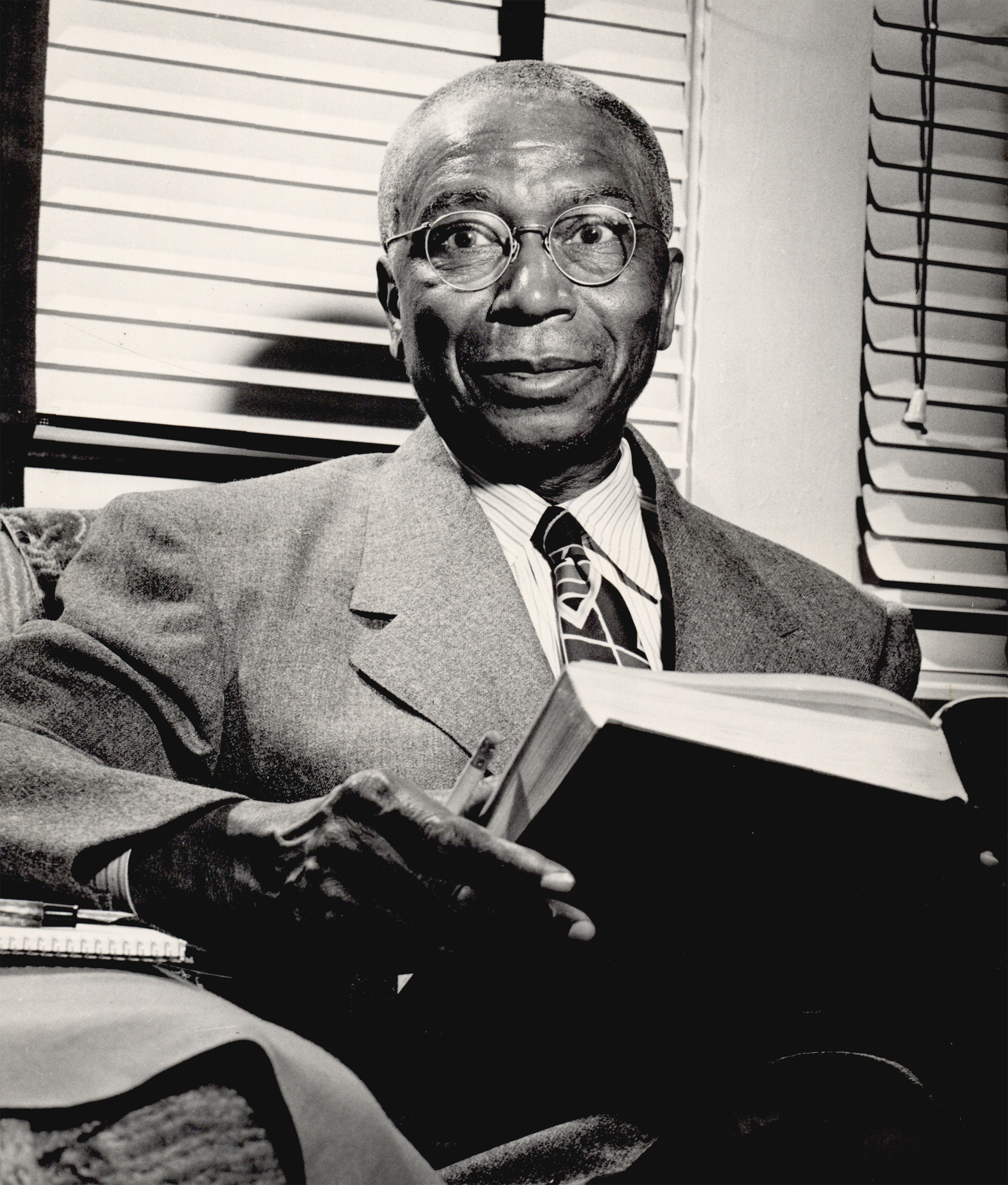Determined to access higher education, George W. McLaurin became the first African-American to attend the University of Oklahoma. Initially, the university denied him entry to its graduate program in education, citing the segregation statute, which made it a misdemeanor to operate a school in which both blacks and whites were taught.
He applied and was accepted into the University of Oklahoma in 1948 due to the Supreme Court trial of McLaurin v. Oklahoma State Regents for Higher Education.

Ruling on the case enabled African-Americans to be admitted to graduate education at the University of Oklahoma on a segregated basis. This meant although McLaurin could not be barred from entering the university as before, he nonetheless wouldn’t use same facilities and sit at the same place as his white mates.
McLaurin’s classes were held in classrooms with an anteroom compelling him to sit away from the white students while still attending all his classes. Other special accommodations that were created to continue segregation include special seating areas at the cafeteria, sporting events and separate restroom facilities. He was also made to sit on a desk in the library which was behind a stack of newspapers so he would not be seen by the white students. The federal court in Oklahoma City upheld the discrimination.
McLaurin filed a suit stating that these conditions deprived him of equality. The U.S. Supreme Court heard McLaurin’s appeal in April 1950 and in June unanimously reversed the lower court. Chief Justice Fred Vinson, writing for the court, held that the differential treatment given to McLaurin was itself a violation of the Fourteenth Amendment’s equal protection clause: “Such restrictions impair and inhibit his ability to study, to engage in discussions and exchange views with other students, and, in general, to learn his profession.” McLaurin v. Oklahoma State Regents (1950) signaled that the Supreme Court would no longer tolerate any separate treatment of students based on their race.

(2012.201.B0391.0687, Oklahoma Publishing Company Photography Collection, OHS).
Mclaurin enjoyed the support of Thurgood Marshall, Amos T. Hall, Roscoe Dunjee, and five other African American students on the case. Other African-American students admitted into the school went through similar conditions such as different classrooms, libraries, cafeterias, and restrooms.
The case helped overturn Plessy v Ferguson ruling which promoted the separate but equal provision.
Despite the sabotage, McLaurin’s name remains on the honor roll as one of the three best students of the university.

He noted: “Some colleagues would look at me like I was an animal, no one would give me a word, the teachers seemed like they were not even there for me, nor did they always take my questions when I asked. But I devoted myself so much that afterwards, they began to look for me to give them explanations and to clear their questions.”
McLaurin born on September 16, 1894 held a master’s degree from the University of Kansas and was a retired professor living in Oklahoma City. He also taught at the predominantly black college, Langston University. He passed on September 4, 1968.
The George McLaurin Male Leadership Conference is named after him.









